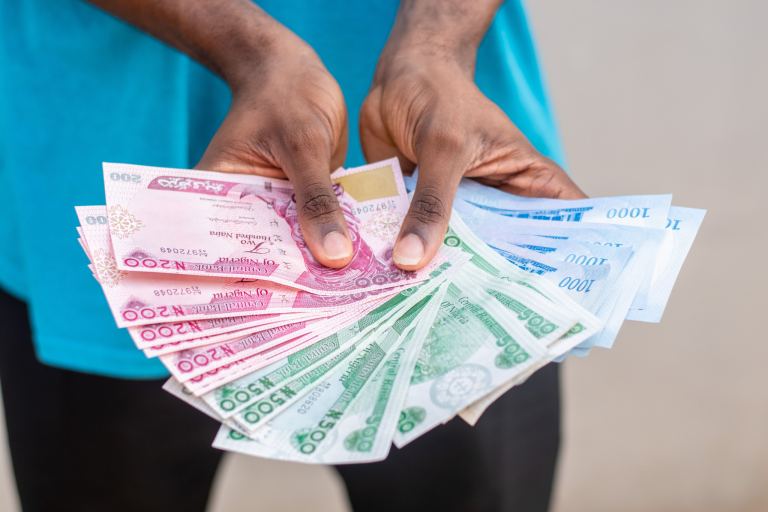The naira has been identified as one of the weakest currencies in Sub-Saharan Africa this year, according to the latest edition of the World Bank’s report, Africa’s Pulse.
By the end of August 2024, the naira had depreciated approximately 43% year-to-date, positioning it alongside the Ethiopian birr and South Sudanese pound as some of the region’s most troubled currencies.
Several factors have contributed to the naira’s decline, including heightened demand for US dollars in the parallel market, limited dollar inflows, and delays in foreign exchange disbursements from Nigeria’s central bank.
The World Bank highlights that the pressure on the naira is exacerbated by strong demand for dollars from financial institutions, non-financial users, and money managers. The report states, “By August 2024, the Ethiopian birr, Nigerian naira, and South Sudanese pound were among the worst performers in the region. The Nigerian naira continued losing value, with a year-to-date depreciation of about 43%.”
Despite the Nigerian government’s efforts to stabilize the currency, including the liberalization of the official exchange rate initiated in June 2023, these measures have yet to yield significant results. The naira’s struggles reflect broader economic challenges, such as limited foreign currency reserves and persistent inflationary pressures.
The depreciation of the naira has led to rising domestic prices, particularly for imported goods, further complicating life for Nigerian consumers. In contrast, some other African currencies that faced challenges in 2023, like the Kenyan shilling and South African rand, have begun to recover. By the end of August 2024, the Kenyan shilling strengthened by 21% year-to-date, marking it as one of the region’s top performers.
Recent data from the FMDQ Exchange indicates a slight recovery for the naira, which appreciated by 5.69% against the dollar on October 14, improving from N1,641.27/$1 to N1,552.92/$1. However, foreign exchange turnover fell sharply by 44.27%, from $616.73 million to $343.71 million during the same period.
The World Bank’s report offers a cautious outlook for Nigeria’s economic growth, projecting a GDP increase of 3.3% in 2024, with a slight acceleration to 3.6% in 2025-2026 as macroeconomic and fiscal reforms begin to take effect. Inflation peaked at 34.2% year-on-year in June 2024 but showed signs of easing to 32.2% by August. However, the recent spike in gasoline prices—triple the initial cost following the removal of fuel subsidies in mid-2023—could reverse this trend, further impacting inflation rates and increasing transportation and logistics costs for both businesses and consumers.
As Nigeria navigates these economic challenges, the outlook remains uncertain, with rising costs and foreign exchange pressures continuing to pose significant concerns for the economy.

